-
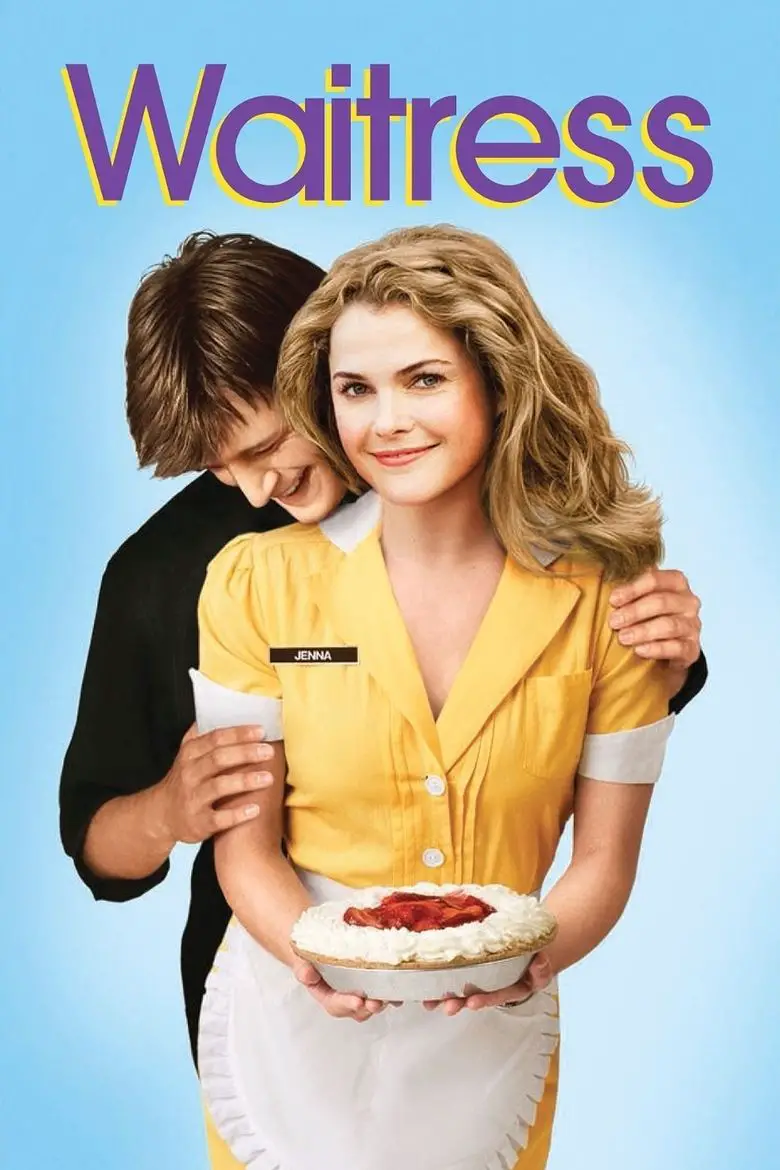
Waitress Film Study (2007)
Waitress is a 2007 film with a tragic real life story behind the movie. It is also a good storytelling case study, as it changes mood part way through. Though I don’t like Waitress nearly as much as I like Juno, it’s worth a brief compare and contrast as a way of understanding the way…
-
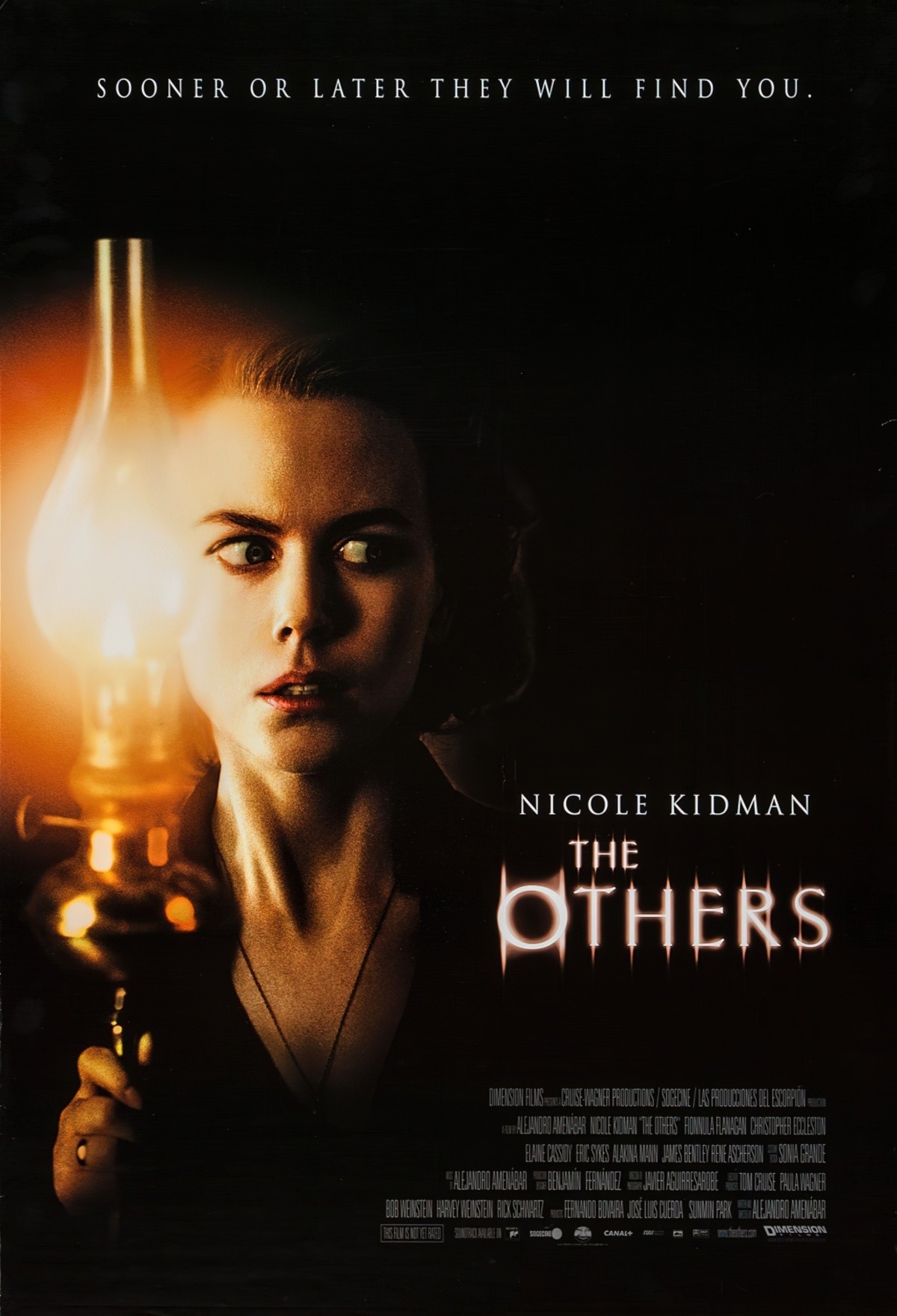
The Others Film Study
Written by Alejandro Amenábar, The Others is an old-fashioned melodramatic ghost story but done very well. If you haven’t seen it yet, it’s one of those films that can be ruined in one fell swoop (like Sixth Sense), so leave the building now!
-
Black Books Pilot (2000) TV Study
The pilot episode of Black Books is called “Cooking The Books”. One thing Cooking The Books does really well is introducing the audience very quickly to the three main characters (all of them transcending stock characters, though based on stock), and weaving them together for gags at the climax. When broken down, we can see that each…
-
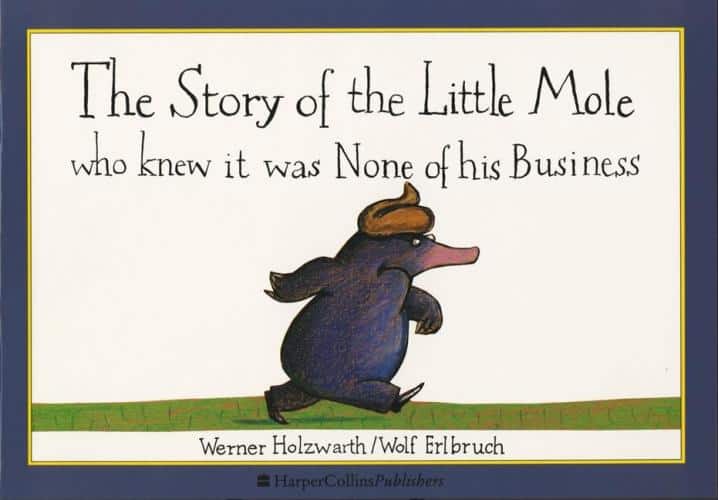
The Story Of The Little Mole Who Knew It Was None Of His Business by Holzwarth and Erlbruch Analysis
Whoever said ‘it’s impossible to rub a mole the wrong way’ had never met this little mole, who gets very salty and vengeful. Mind you, can’t say I’d be happy if someone pooped on my head, either. The Story of the Little Mole who knew it was None of his Business is a very popular picture…
-
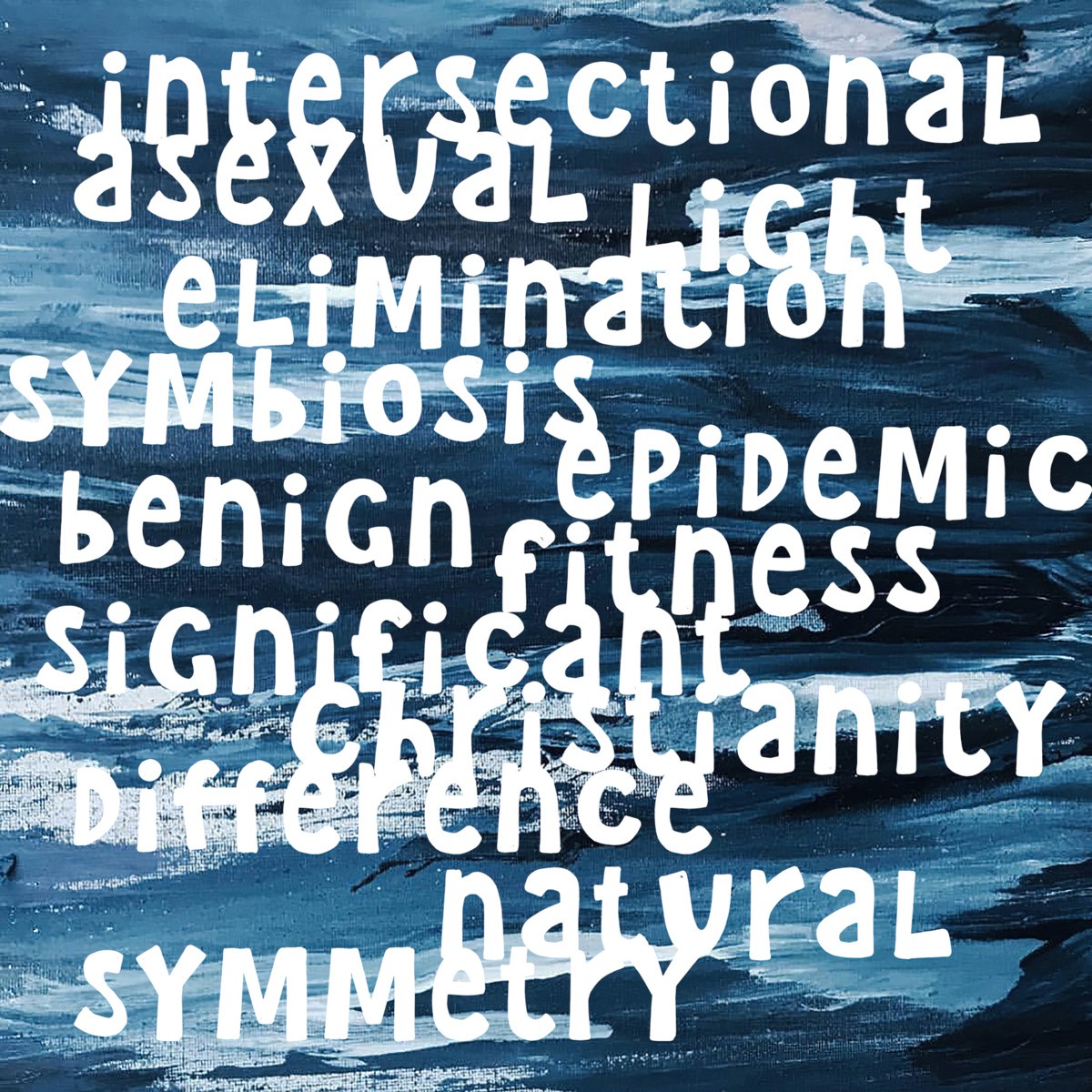
Everyday Words With Different Academic Meanings
ASEXUAL The queer community uses ‘asexual’ in a very specific way to refer to orientation (low-to-no- sexual attraction). Some people are homosexual, some people are bisexual, heterosexual, pansexual and… asexual. In non-queer spaces, the word ‘asexual’ is used in various different ways independent from the central contemporary meaning of orientation. Even within academic literature, there…
-
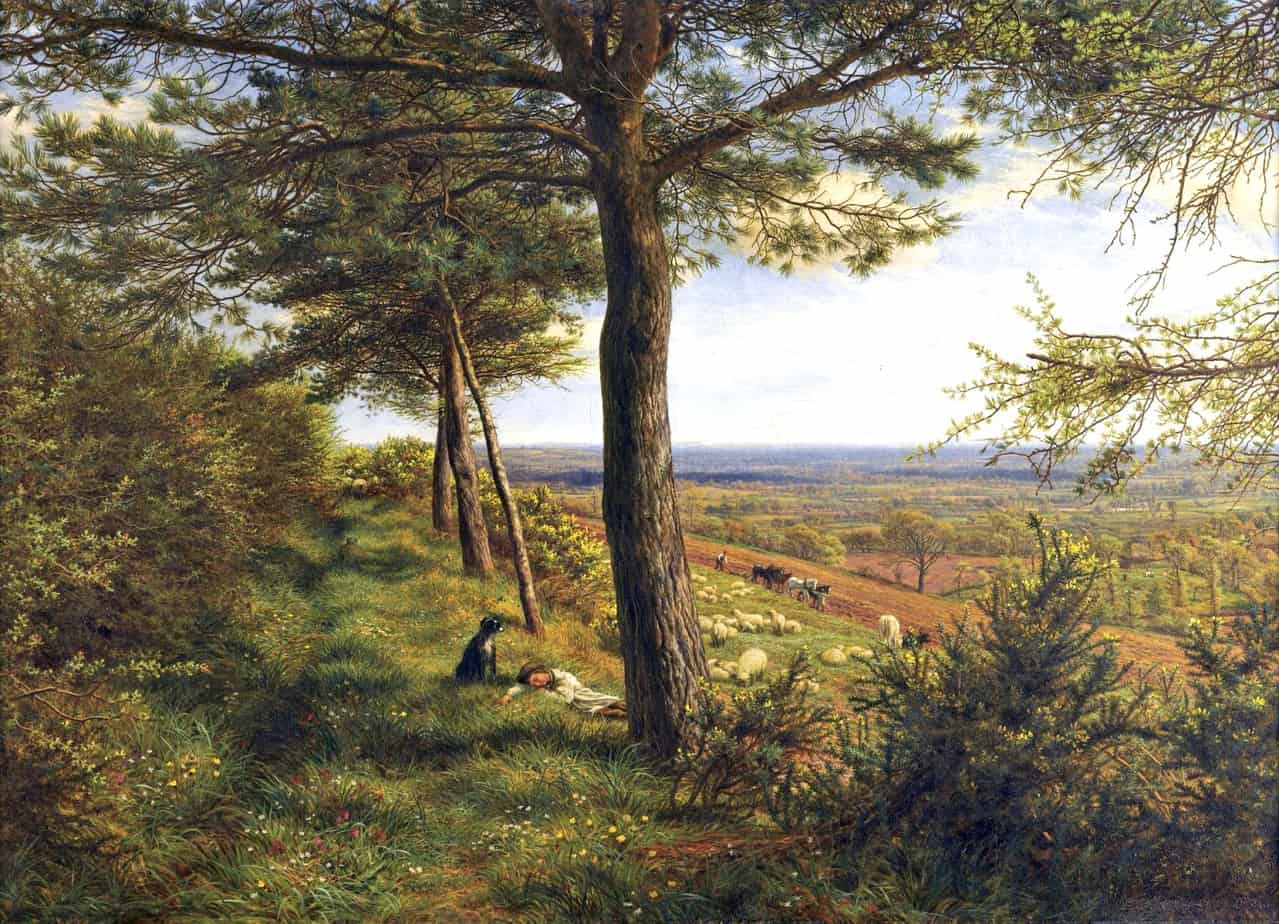
Dreaming In Storytelling
You may not remember dreaming after you sleep, but you’ll encounter many dream sequences in books. Isn’t it cheesy to rely on dreams? Don’t rational readers know that dreams cannot predict the future — that dreams are the scrabbled outworkings of a brain tidying itself up? Dreams, daydreams, visions, prophecies, processes of memory… all of…
-
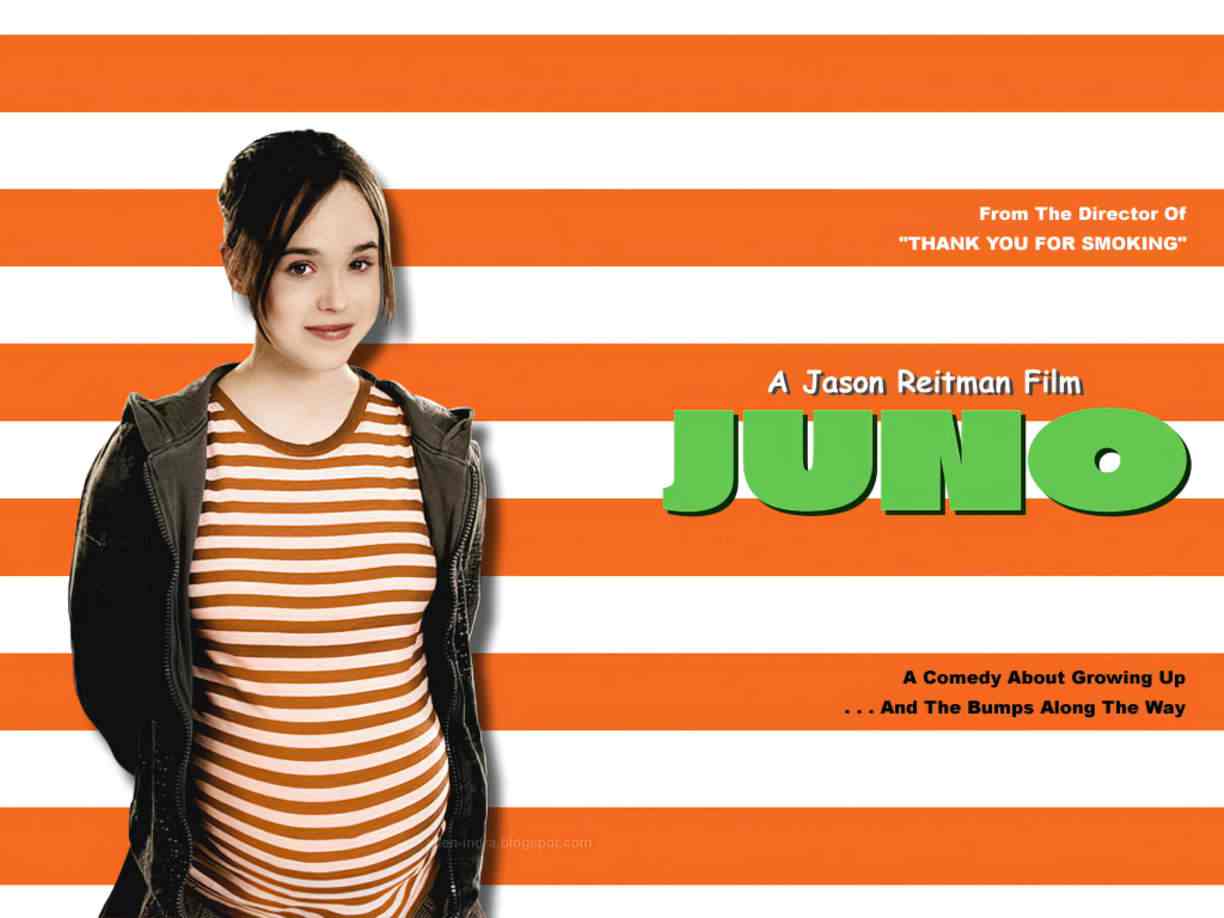
Storytelling Tips From Juno (2007)
I’m no great fan of many traditional rom-coms, but I do love this off-beat romantic comedy drama blend precisely because it takes the regular, conservative storyline of: mother almost loses her baby and then reunites (to live happily ever after), and the usual movie tropes (geek = Bleeker, but he’s also an athlete, stepmother is not…
-
Disneyfication Or Disneyization
Defintion of Disneyfication at Wikipedia Walt Disney, the dude, was an interesting and resourceful fella. I have respect for the man behind the mouse. I also have tons of respect for the digital artists and computer whizzes who make Disney’s visually breathtaking animated movies. Having known a few, I even respect those poor saps that…
-
This Moose Belongs To Me by Oliver Jeffers Analysis
This Moose Belongs To Me is a 2012 picture book written and illustrated by Oliver Jeffers.
-
Side-shadowing In The Wrysons by John Cheever
“The Wrysons” is interesting as a study of writing technique because it is a story with the theme of ‘lack’ running throughout, and Cheever masterfully chose to employ some narrative techniques which are themselves about describing not what did happen but what didn’t, and what might have. Apart from The Bella Lingua, which is set…
-
Why You Can’t Get Your Hands On That Old Book You Remember From Childhood
In the early 1980s, to encourage aggressive sales, the U.S. government raised the taxes charge on goods left in warehouses at the end of each year. As applied to books, this meant that publishers could no longer afford to keep large numbers of titles on their backlists (the still-available books published in previous years). Books…
-
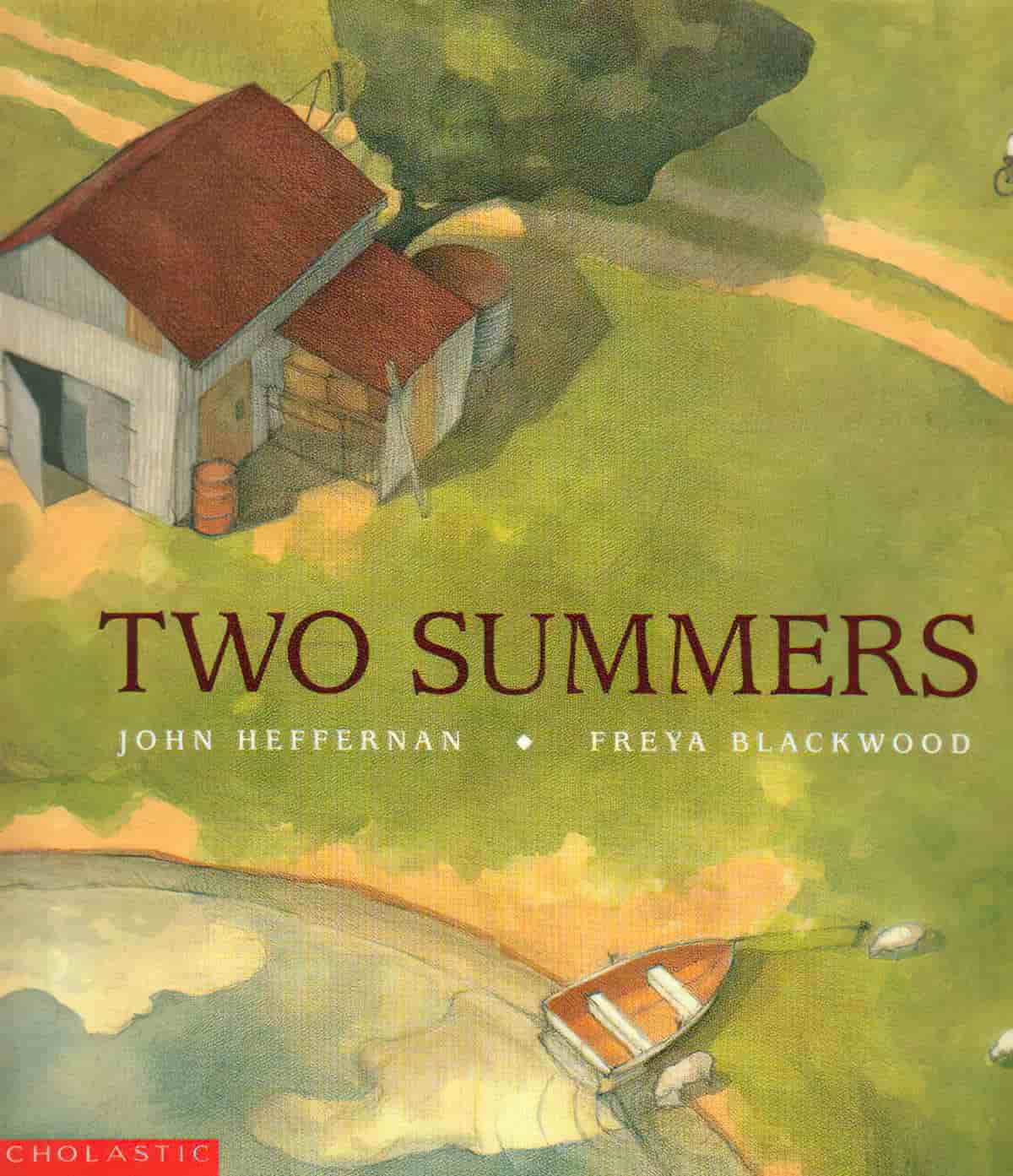
Two Summers by John Heffernan and Freya Blackwood Analysis
Two Summers by John Heffernan and Freya Blackwood is a sobering Australian picture book about farming during drought. I have a special interest in stories about drought (due to the fact I’ve written one myself). Perhaps because of this, I’ve given thought to ‘subject matter for young readers’ and ‘picturebook endings‘ and ‘juvenile capacity for…
-
Thirteen O’Clock by Enid Blyton Analysis
I have conflicted views about Enid Blyton, but Thirteen O’Clock story is relatively free of the problems I (and many others) have taken issue with in these slightly more enlightened times. We still have a story in which a young patriarch-in-training helps an older female character out by tending to her minor injury and finding a lost cat,…
-
The Influence of Edith Nesbit
A handful of children’s authors of the late nineteeth to early twentieth centuries were experiementing with innovative forms of story with radical content: Oscar Wilde, P.L. Travers, J.M. Barrie, Astrid Lindgren, John Masefield and E. Nesbit. These storytellers were pushing the boundaries of what people considered acceptable for children, and we have them partly to…